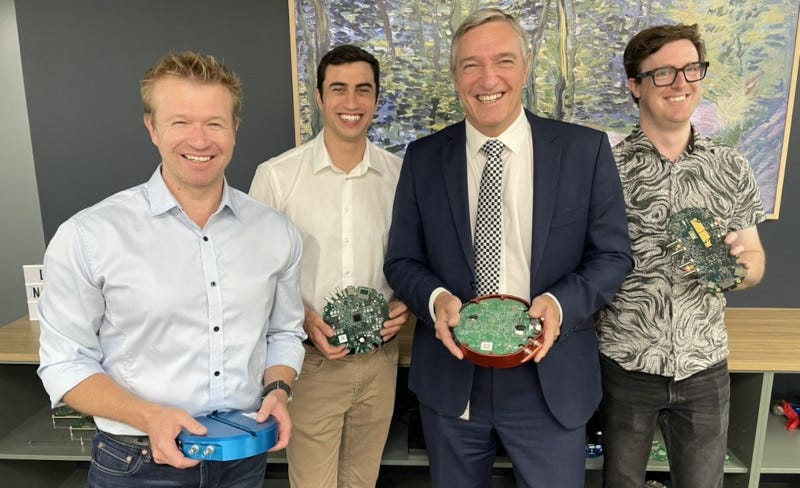Monitoring Health Remotely with AI
iLAuNCH Trailblazer Project Could have Implications for Space
Monitoring the health of humans hundreds of miles above the Earth and in the infinite space beyond is a major challenge in the complex microgravitational environment of space. Australia’s own population, dispersed across a vast geographic landscape, offers a similar challenge to health professionals.
“Our strategy envisions remote and isolated communitie…




